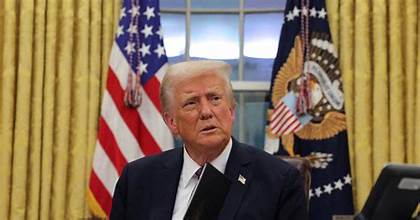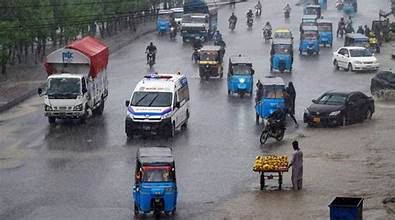In a significant diplomatic move, key European powers have formally notified the United Nations of their readiness to reinstate sanctions on Iran. This development marks an escalation in tensions surrounding Iran’s nuclear activities and signals a possible shift in the fragile balance of the 2015 nuclear agreement, formally known as the Joint Comprehensive Plan of Action (JCPOA). The decision underscores growing concerns among European governments over Tehran’s compliance with its nuclear commitments and its broader regional policies.
Background of the JCPOA Agreement
The JCPOA was signed in 2015 between Iran and a group of world powers — the United States, the United Kingdom, France, Germany, Russia, and China — with the aim of curbing Iran’s nuclear program in exchange for relief from economic sanctions. The agreement was hailed as a landmark achievement in international diplomacy, offering a framework to prevent nuclear proliferation in the Middle East.
However, the accord faced significant setbacks after the United States unilaterally withdrew from the deal in 2018 under the Trump administration, reinstating severe sanctions on Iran. In response, Iran began reducing its compliance with the agreement, enriching uranium beyond the agreed limits and restricting access for international inspectors.
European Concerns Over Iran’s Actions
France, Germany, and the United Kingdom — collectively known as the E3 — have been vocal about their concerns regarding Iran’s nuclear activities in recent years. Despite their initial efforts to preserve the agreement after the U.S. withdrawal, the European powers now assert that Iran’s continued breaches, including uranium enrichment levels far exceeding the JCPOA limits, leave them with no choice but to consider punitive measures.
Their latest statement to the UN signals a readiness to reimpose sanctions through the “snapback” mechanism — a provision in the JCPOA that allows for the restoration of previous UN sanctions if Iran is deemed non-compliant. This would mean a reactivation of restrictions on arms sales, banking transactions, and oil exports, potentially delivering a heavy blow to Iran’s already struggling economy.

Impact on Regional Stability
The possible reinstatement of UN sanctions could have far-reaching implications for Middle Eastern stability. Iran has long argued that its nuclear program is for peaceful purposes, but Western powers fear that Tehran’s technological advancements could shorten the “breakout time” needed to develop nuclear weapons.
A renewed sanctions regime could deepen Iran’s economic isolation, potentially increasing domestic unrest while prompting the country to double down on its nuclear ambitions. It might also intensify proxy conflicts in the region, as Iran has significant influence in countries like Syria, Iraq, Lebanon, and Yemen.
Diplomatic Fallout and International Reactions
The European move is likely to trigger sharp criticism from Tehran, which has repeatedly accused Western powers of failing to honor their obligations under the JCPOA. Iranian officials have hinted that any reimposition of sanctions would be met with a strong response, possibly including further expansion of nuclear enrichment.
Russia and China, both signatories of the original agreement, have generally opposed the snapback mechanism, arguing that it undermines the spirit of the deal. Their reaction will be crucial in shaping the UN Security Council’s stance and determining whether the sanctions path proceeds smoothly or faces diplomatic roadblocks.
The United States, now under the Biden administration, has expressed interest in reviving the JCPOA but has struggled to bridge differences with Iran over the sequencing of sanctions relief and compliance. Washington is likely to welcome the European position as leverage in pushing Tehran toward concessions, though it risks further complicating the already fragile negotiation process.
The Road Ahead

The European powers’ decision to inform the UN of their readiness to reinstate sanctions is a clear sign of mounting frustration over Iran’s trajectory. While diplomacy remains the preferred route, this move puts Tehran on notice that the patience of the international community is wearing thin.
Whether this step leads to renewed negotiations or deepens the standoff will depend on how Iran responds in the coming weeks. For the global community, the stakes are high — not just for the future of the JCPOA but for the broader goal of preventing nuclear proliferation in one of the world’s most volatile regions.
If sanctions are reinstated, Iran’s economic challenges will intensify, possibly reshaping its domestic and foreign policy calculations. Conversely, if this warning from Europe spurs a return to constructive dialogue, there may still be hope for salvaging the nuclear accord.
For now, the world watches closely as the diplomatic chess game over Iran’s nuclear ambitions enters a new and potentially decisive phase.



